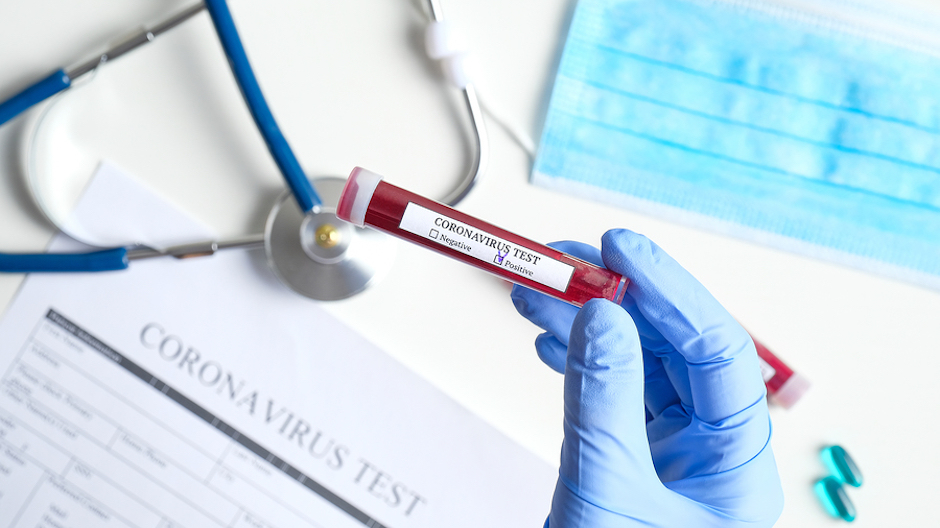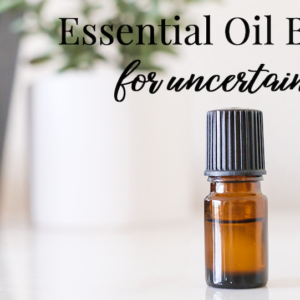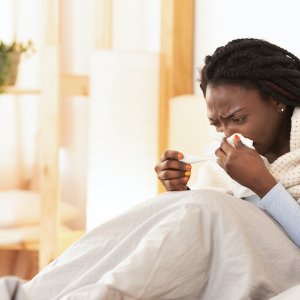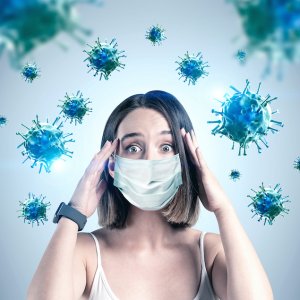With the confirmed cases of Coronavirus increasing hour by hour, people everywhere have questions. What can we do to protect ourselves? The more we learn and understand regarding this or any other illness, the more we can make rational, informed decisions. Stay calm in the pandemonium, and arm yourself with answers to common questions about Coronavirus.
Should I get tested?
So you think you may have Coronavirus? Or maybe you just think you may have been exposed, but you want to be cautious? Possibly you weren’t exposed and don’t have symptoms but believe it’s just better to be safe than sorry. Hold on. Before you race to the nearest lab for testing, take a moment and make sure it’s really necessary.
First things first. . .Do you have symptoms?
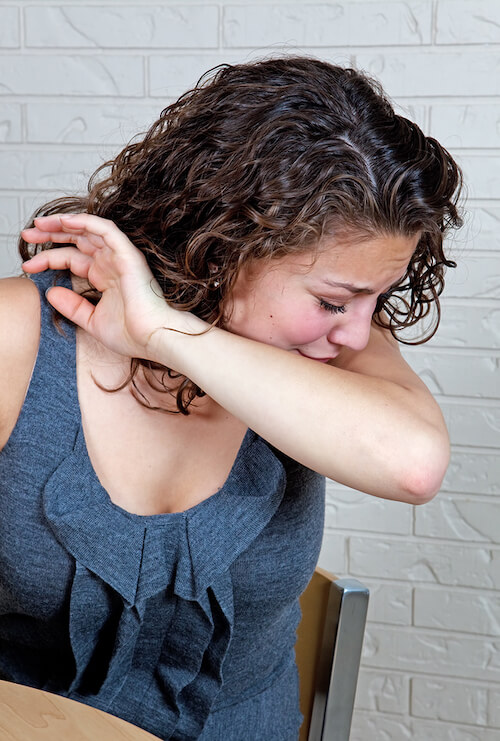
Symptoms of Coronavirus include fever, cough, and shortness of breath. You may experience some or all of these same symptoms with a common cold. This is why health professionals recommend that you not rush to the doctor or lab for testing at the first sign of symptoms. In short, if your condition is manageable with rest and over-the-counter medicines, stay home. If your symptoms are not bad enough that you’d normally go to a doctor, there’s no need to panic now.
Exceptions to this include people with compromised immune systems. Elderly people and those with diabetes, cancer, cardiovascular or lung disease, or any other disease that decreases immune function who experience the symptoms above, it’s best to be cautious and get tested.
I need testing. What should I do?
If you experience severe symptoms or have a concomitant disease, you should be tested. But don’t rush to the nearest emergency room (unless your symptoms are severe enough to warrant you do so). The current advice is to call your healthcare provider. If you have COVID-19, you might infect others in hospital and doctors’ waiting rooms. Your doc will tell you where to go for testing. It may be a special lab where you won’t have to wait or risk exposing others.
I’m Pregnant. Should I be worried?
Pregnancy taxes the body and causes decreased immunity, making pregnant women more susceptible to viruses and other illnesses. However, the CDC reports do not show an abundance of pregnant women infected with COVID-19.
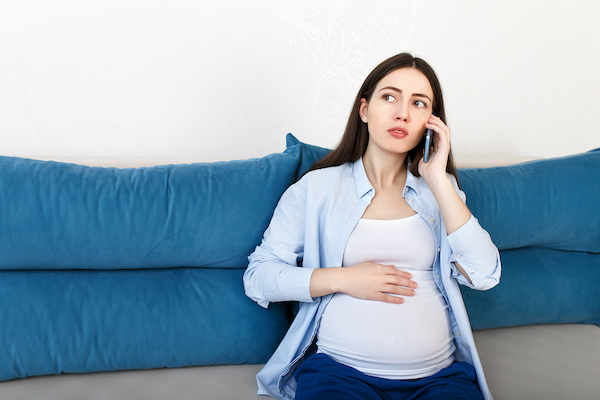
Even If a pregnant woman contracts the virus, it may not be a dire situation. A small study of 9 Chinese women who tested positive for the virus all delivered healthy babies. Furthermore, amniotic fluid, cord blood, neonatal throat swab, and breastmilk samples from six patients were tested for COVID-19, and all samples tested negative for the virus.
Nevertheless, no woman wants to be sick during pregnancy. The CDC recommends pregnant women take precautions to avoid sick people and crowded areas and to practice good hygiene to prevent getting sick. Yep, pretty much the same recommendations as for the rest of us.
Should I cancel my travel plans?
With the unpredictability of Coronavirus, that’s a tough question to answer right now. CDC recommendations are changing on a daily basis based on the trend of the virus. Currently, they recommend avoidance of all non-essential travel to Korea, China, Iran, and Europe. But it’s important to note that the list is evolving daily. You can keep up to date about CDC travel advisories here.
Fortunately, if you decide to cancel a trip, most airlines, hotels, resorts, etc. have relaxed their cancellation policies.
How long until we get a Coronavirus vaccine?

Normal vaccine development takes an average of 10 to 15 years. Before approval in the United States, a vaccine must go through several phases of development, including research, animal testing, human clinical trials, and quality control. In the case of an epidemic like Coronavirus, the FDA expedites the process. Even still, it takes months to create, preliminarily test, and produce a vaccine.
Researchers predict it will be at least 8-10 months before we see a viable vaccine. So the current outbreak will likely be contained or concluded before we even have access to a vaccine. Plus, we need to take heed when using novel drugs en masse, as many of the most dangerous side effects of medicines and vaccines only present themselves in post-marketing surveillance.
When will the virus peak in the U.S.?
Unfortunately, there are just too many unknowns for experts to give us a definitive answer to the question regarding the peak of the Coronavirus. It’s fair to say it’s impossible to predict with any kind of precision at all when the peak is going to happen. However, some scientists suggest that, according to trends in China and other areas, we can expect a peak within the next 2-3 weeks (meaning early-mid April).
With travel bans, school closings, and other precautions to prevent the spread of the virus, we may see the number of cases decline sooner than that.
Should I avoid public places?
With the cancellation of large events across the country, people are wondering if they need to quarantine themselves at home. Experts suggest social distancing, which means avoiding close contact with groups of people. Even if you reside in an area where the virus does not appear to be actively spreading, you can’t be sure that public places are risk-free.
The best advice is to use caution. Don’t put yourself or your family at risk unnecessarily. If you need to get out, take precautions to avoid peak times at supermarkets and other areas. Be sure to wash your hands frequently and avoid touching your face while in public.
Kids cooped up? Take them for a walk outside or to another open-air setting devoid of crowds. Be sure to bring the anti-microbial wipes and guide children to wash their hands frequently as well.
Do I need to worry about my pets getting the virus?
There is currently very little evidence that cats or dogs can contract the virus. So far, there is only one documented animal case. A dog in Hong Kong tested positive for the virus, however it exhibited no symptoms and cleared the virus spontaneously.
What is the best way to protect myself from Coronavirus?
This is possibly the most important question regarding Coronavirus.
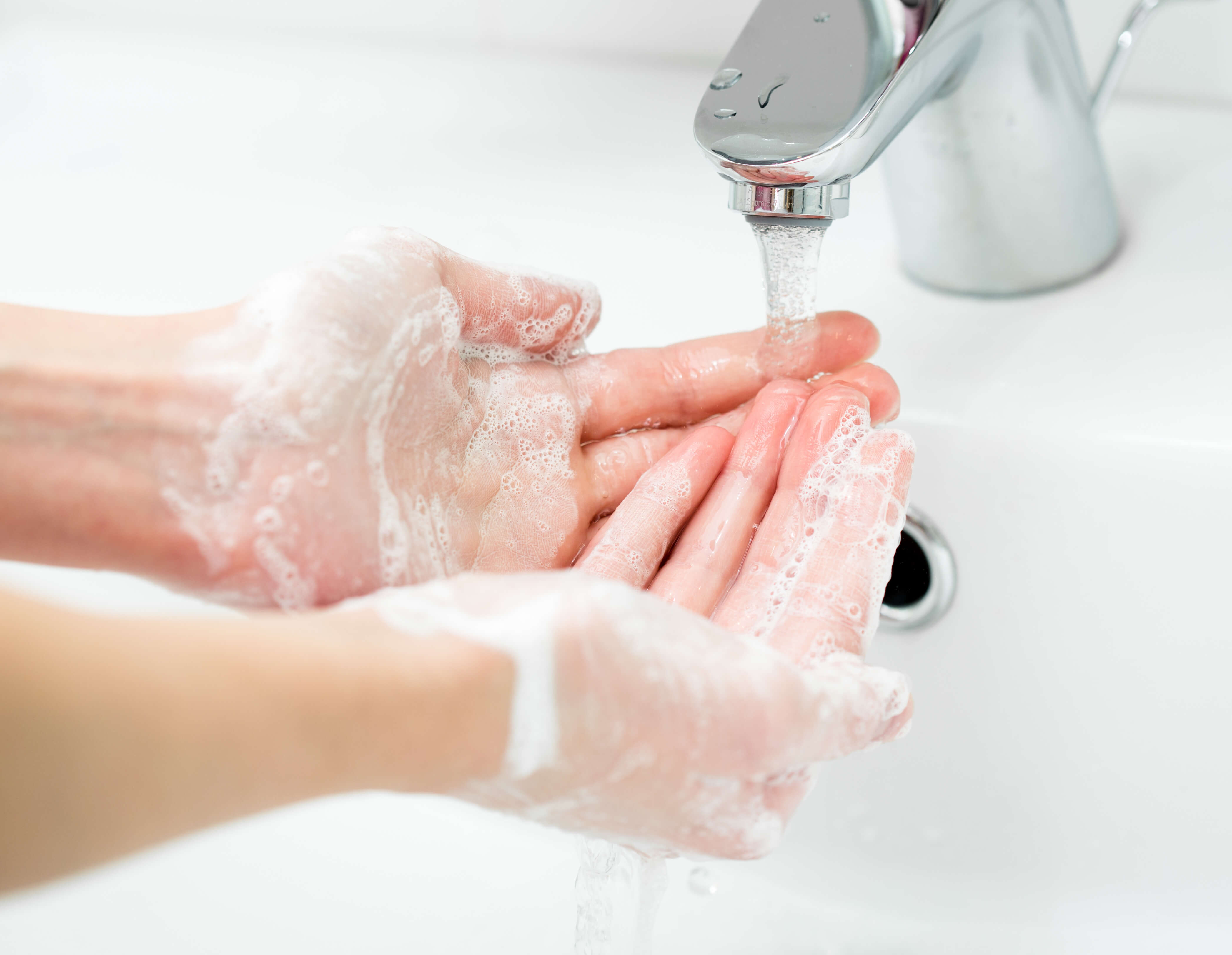
- Wash your hands frequently.
- Stay hydrated.
- Avoid crowds.
- Avoid sick people.
- Get adequate sleep.
- Take your vitamins.
- Stick to a healthy diet.
Want more detail, check out Protecting Yourself from Coronavirus.
What if I Run Out of Toilet Paper?
The toilet paper craze is ridiculous. Panicked, uneducated shoppers everywhere put all of us at risk for getting caught with our pants down and nothing to use. What to do?
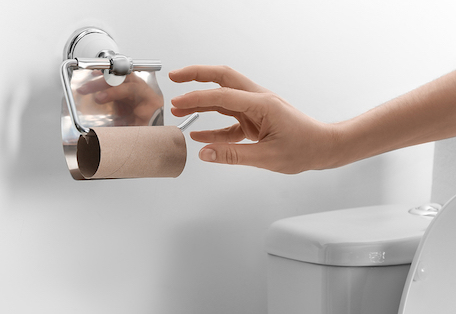
You may consider rationing your current stock of TP now. When all else fails, stock up on a few extra boxes of tissues or wipes in case of emergency. And worse case scenario, you could opt for using paper towels, newspaper, washrags, or just a good ol’ rinse with water.
Learn More
The Coronavirus brings a lot of questions and uncertainty. We have lots of articles to help guide you through some of the issues we’re all facing during this time.
- Get your guard up and stay healthy: Protecting Yourself From Coronavirus.
- Let’s stop the madness, people. Read Debunking the Myths About Coronavirus.
- Do you suddenly find yourself working from home and not sure how that works? Check out 10 Tips for Working From Home.
- Many people may be concerned about immune system overdrive. Read about Cytokine Storm here.
- Elderberry & COVID-19: What you need to know
- Need a recipe for Elderberry Syrup? How about a DIY Immune Booster recipe?
- Learn the differences between symptoms of cold, flu, allergies, and Coronavirus: Should I Get Tested?
- Are we close to a treatment? Read Emerging COVID-19 Treatments.
